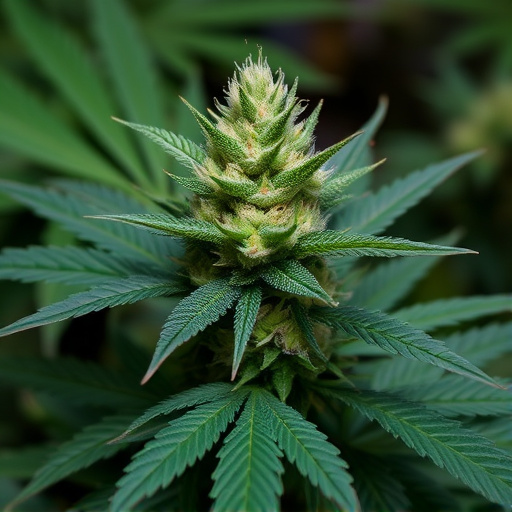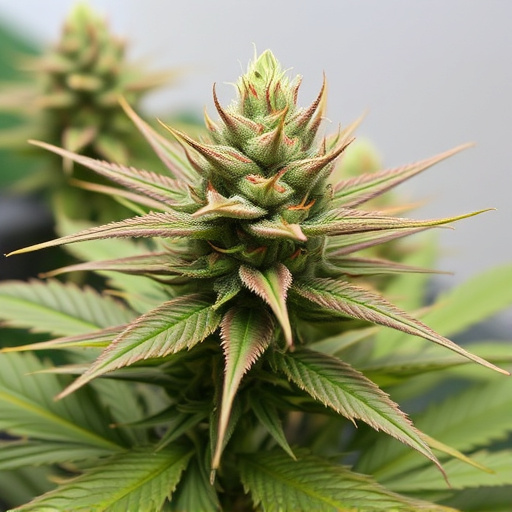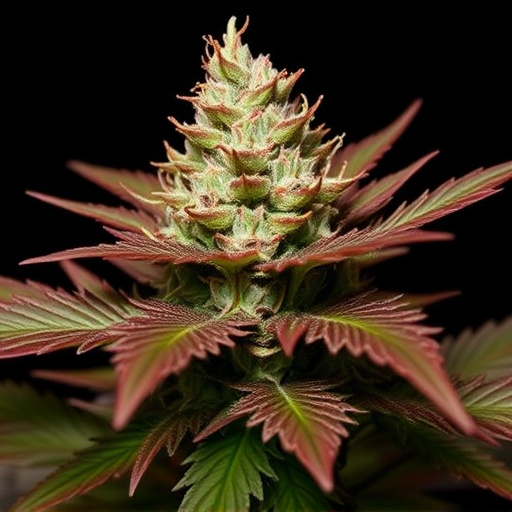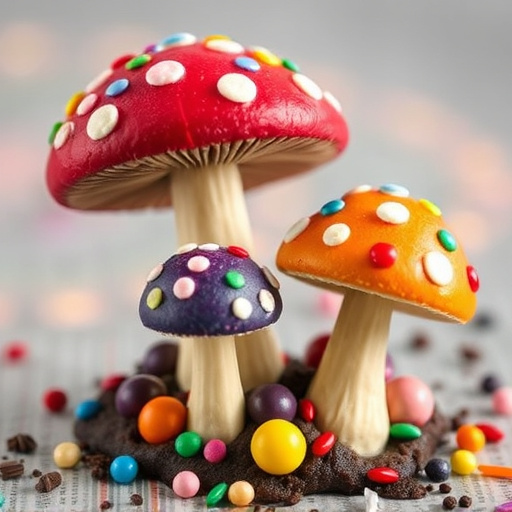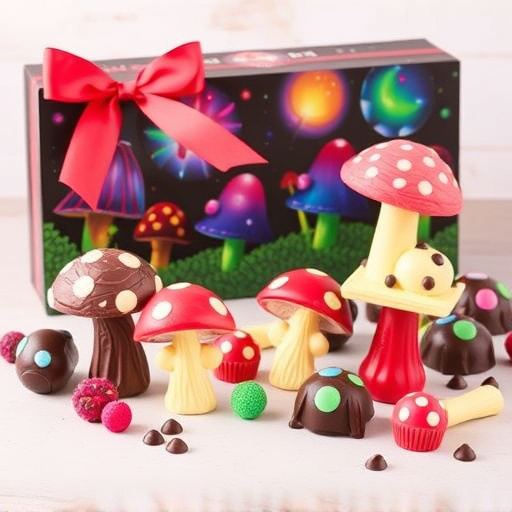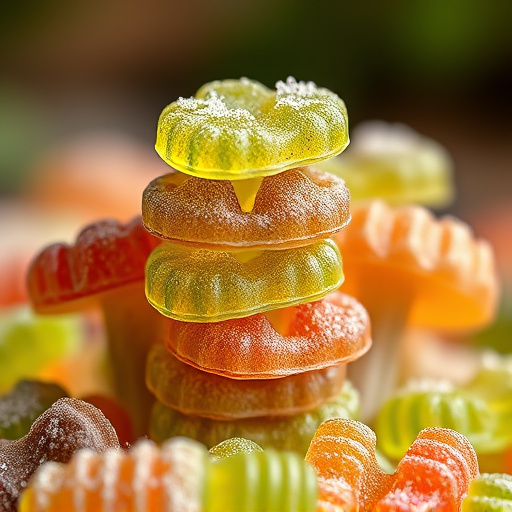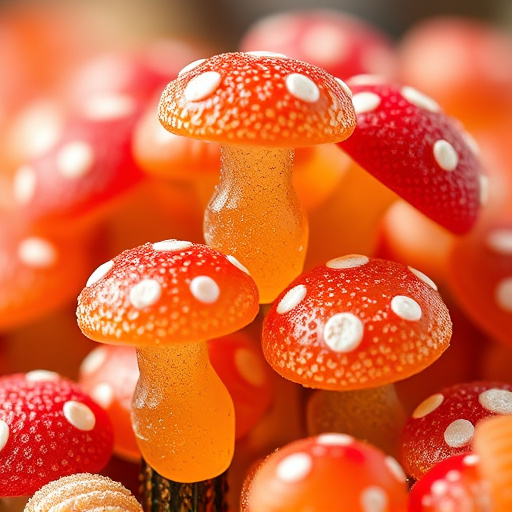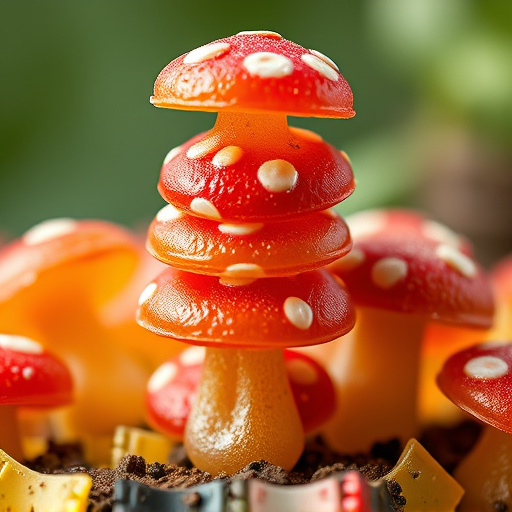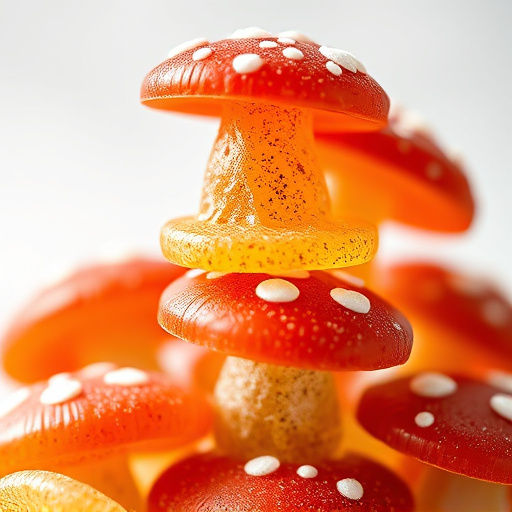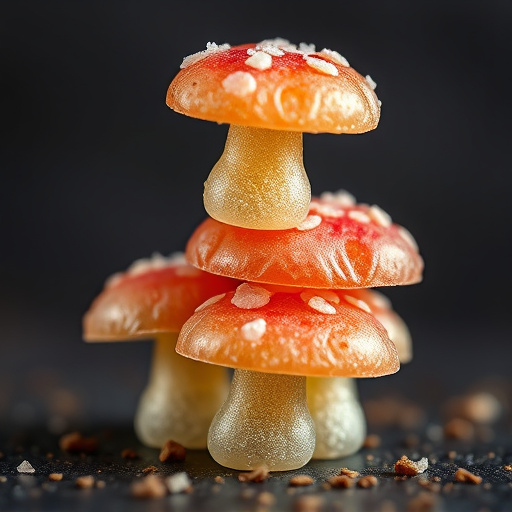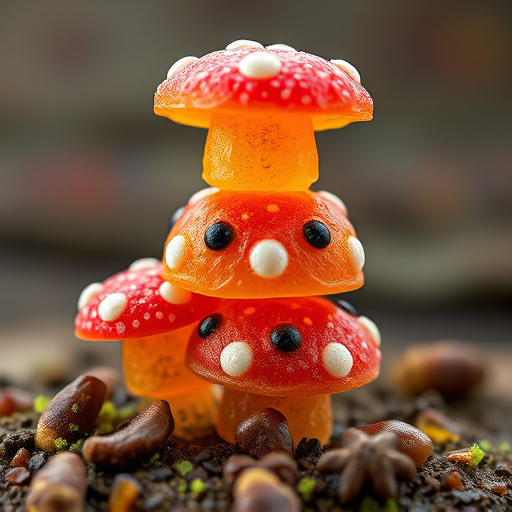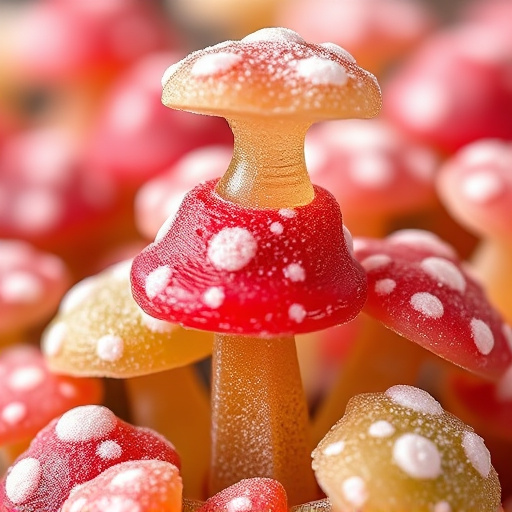Magic Mushroom Gummies represent a modern, controlled method to harness traditional psychedelics' therapeutic benefits, primarily through their impact on dopamine levels in the brain. Psilocybin, the active compound found in magic mushrooms, has been linked to increased pleasure, reward, and creativity. Research shows psilocybin-assisted therapy effectively treats depression, anxiety, and addiction by promoting personal growth and transformative experiences. Despite promising neurobiological findings, responsible use and proper dosage are crucial due to potential hallucinations and legal restrictions surrounding psychedelic substances.
“Unveiling the potential of lab-tested magic mushroom gummies: a novel approach to mental health and well-being. This comprehensive guide explores the rising trend of microdosing with magic mushroom-infused gummies, delving into their composition, effects on dopamine levels, and therapeutic applications. We dissect the science behind these natural remedies, examining their benefits for stress relief, creativity, and mood enhancement while navigating legal considerations. Discover the future of mental health support through the lens of magic mushroom gummies.”
- Understanding Magic Mushroom Gummies: A Comprehensive Overview
- The Science Behind Magic Mushrooms and Dopamine
- Potential Benefits, Risks, and Legal Considerations of Lab-Tested Magic Mushroom Gummies
Understanding Magic Mushroom Gummies: A Comprehensive Overview
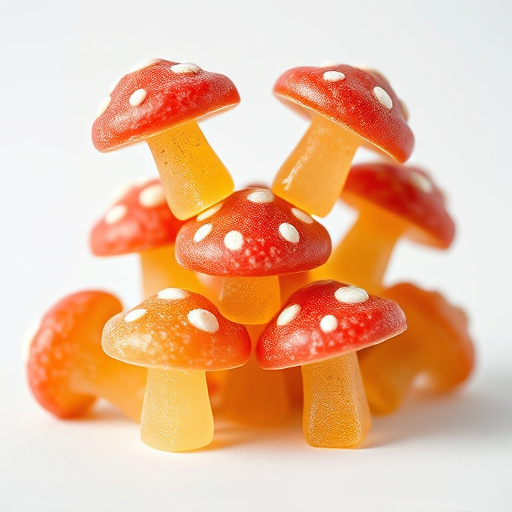
Magic Mushroom gummies are a modern twist on traditional psychedelic experiences, offering a convenient and potentially less intimidating way to explore altered states of consciousness. These edible treats contain psilocybin, the active compound found in magic mushrooms, which has been linked to increased dopamine levels in the brain. Dopamine is a neurotransmitter associated with pleasure, reward, and motivation—its elevation can lead to heightened sensory perception, enhanced creativity, and profound insights.
Unlike other psychedelic substances, magic mushroom gummies provide a controlled dose, allowing users to experience the benefits of psilocybin while minimizing potential risks. Research suggests that psilocybin-assisted therapy could be effective in treating conditions like depression, anxiety, and addiction by facilitating meaningful personal growth and transformative experiences. As with any substance, responsible use and proper dosage are key when exploring magic mushroom gummies, ensuring a safe and potentially life-changing journey.
The Science Behind Magic Mushrooms and Dopamine
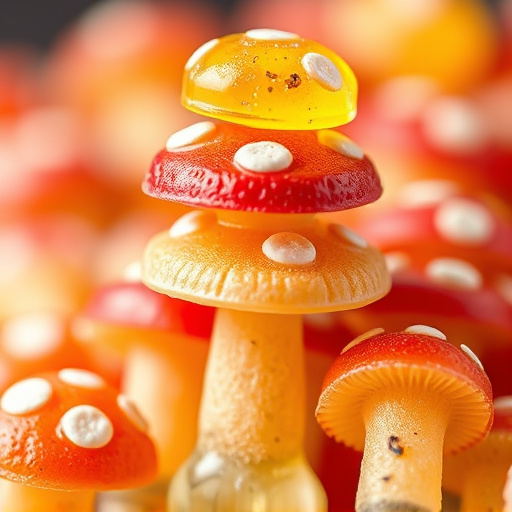
The science behind magic mushrooms and dopamine levels is a fascinating intersection of neurobiology and psychopharmacology. Magic mushroom gummies, derived from psilocybin, a compound found in certain species of mushrooms, have shown promising results in recent studies for their potential therapeutic effects on mental health conditions like depression, anxiety, and PTSD. One of the key mechanisms involves the interaction between psilocybin and dopamine receptors in the brain. Dopamine is a neurotransmitter that plays a crucial role in reward, motivation, and pleasure, among other functions. When psilocybin is ingested, it metabolizes into psilocin, which binds to serotonin receptors, leading to a cascade of events that can increase dopamine activity. This increased dopamine release is believed to contribute to the altered state of consciousness and emotional well-being often reported by users.
Research has indicated that this boost in dopamine levels may underlie the therapeutic benefits associated with magic mushroom gummies. Elevated dopamine levels can enhance neural connectivity, improve mood, and promote a sense of euphoria. Moreover, studies suggest that psilocybin can lead to lasting changes in brain structure and function, including increased grey matter volume in areas linked to learning, memory, and emotion regulation. These findings highlight the potential for magic mushroom gummies as a novel approach to mental health treatment, offering a safe and controlled way to harness the power of dopamine and other neurotransmitters for therapeutic gain.
Potential Benefits, Risks, and Legal Considerations of Lab-Tested Magic Mushroom Gummies

The potential benefits of lab-tested magic mushroom gummies are gaining attention in the wellness industry. Research suggests that psilocybin, the active compound in magic mushrooms, can have therapeutic effects on mental health conditions such as depression and anxiety. Some studies even indicate its ability to elevate dopamine levels, offering a natural approach to boosting mood and cognitive function. These gummies, when created under controlled laboratory settings, ensure consistent dosages and purity, allowing for safer exploration of psilocybin’s benefits compared to traditional methods.
However, risks associated with magic mushroom gummies remain a concern. Psilocybin can induce powerful hallucinations and alter perceptions, which may be distressing for some individuals. Moreover, the legal landscape surrounding psychedelic substances is complex and varies by region. In many places, magic mushrooms are classified as illegal, while others have legalized them for medical or recreational use. Lab-tested gummies enter this grey area, requiring careful consideration of local laws to ensure compliance and safety. Given the potential benefits and risks, it’s crucial for consumers to approach these products with informed caution.
In light of the above discussions, it’s clear that lab-tested magic mushroom gummies represent a promising development in the realm of alternative wellness. While understanding their science and navigating legal considerations are crucial, these products may offer potential benefits for mental health and dopamine levels. As research continues, folks can foster a more informed approach to incorporating magic mushroom gummies into their routines, revolutionizing self-care practices in today’s digital era.

